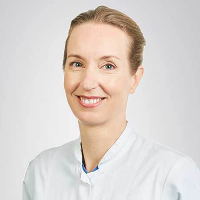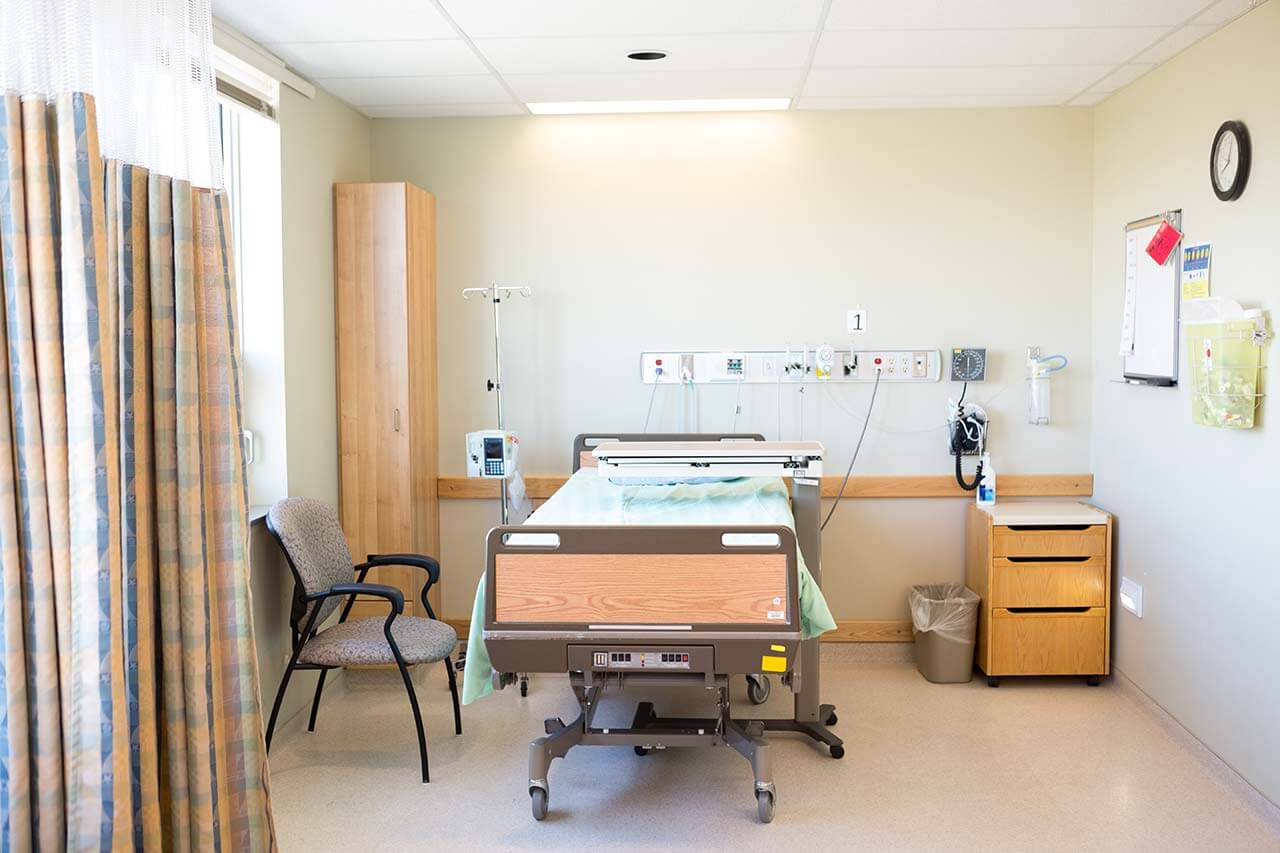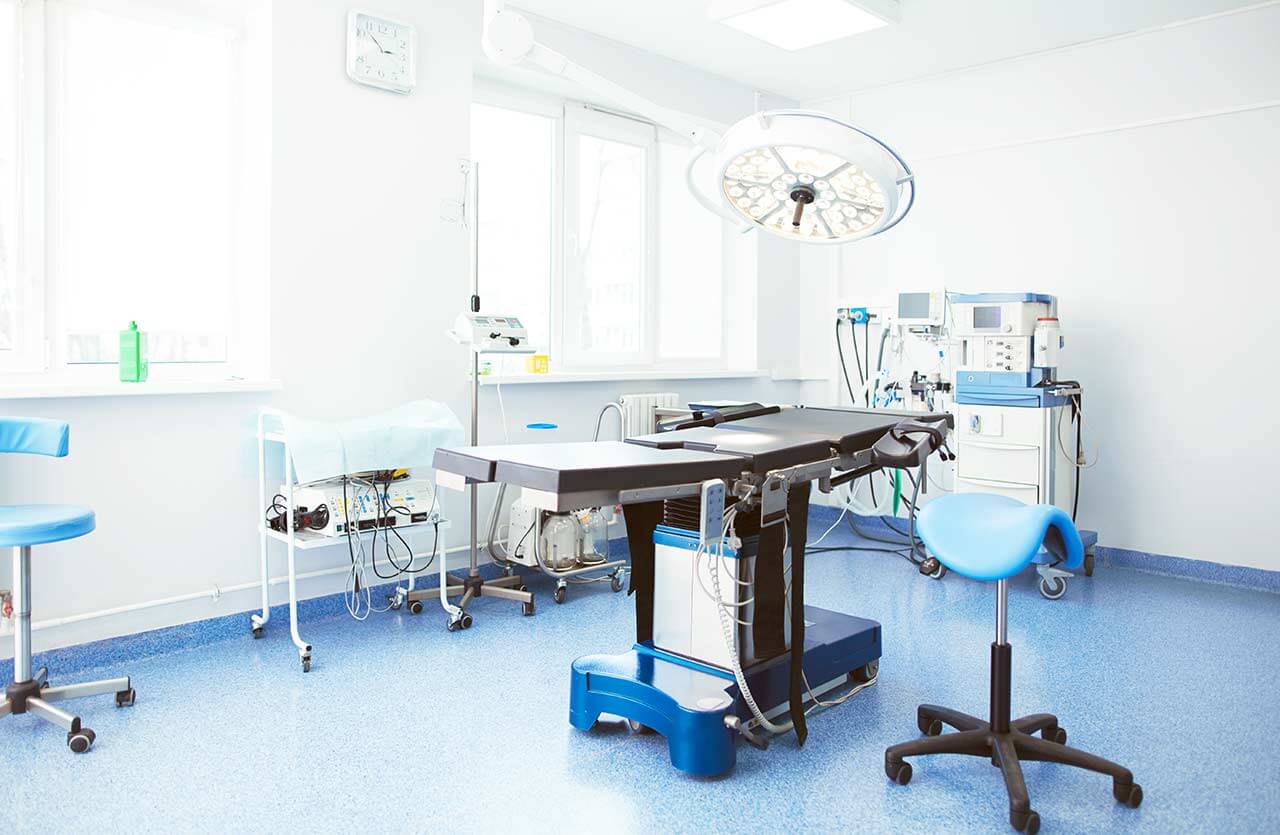
The program includes:
- Initial presentation in the clinic
- clinical history taking
- review of medical records
- physical examination
- laboratory tests:
- complete blood count
- general urine analysis
- biochemical analysis of blood
- inflammation indicators (CRP, ESR)
- indicators blood coagulation
- neurological examination
- functionality x-ray
- CT/MRI scan
- neuropsychological tests (on indications):
- ENMG (electroneuromyography)
- EEG (electroencephalography)
- SEPs (somatosensory evoked potentials)
- VEPs (visually evoked potentials)
- BAEP tests (brainstem auditory evoked potential)
- preoperative care
- treatment of hemangioma with coiling
- 1-day intensive care unit stay
- postoperative MRI control
- symptomatic treatment
- control examinations
- the cost of essential medicines and materials
- nursing services
- full hospital accommodation
- developing of further guidance
Required documents
- Medical records
- MRI/CT scan (if available)
- MR/CT-angiography (if available)
Service
You may also book:
 BookingHealth Price from:
BookingHealth Price from:
About the department
The Department of Interventional Radiology and Neuroradiology at the Schlosspark Hospital Berlin provides all the options of modern imaging diagnostics and also specializes in image-guided therapeutic interventional procedures, including those for treating vascular diseases of the nervous system. The department's diagnostic rooms are equipped with state-of-the-art systems for digital X-ray, fluoroscopy, computed tomography, magnetic resonance imaging, and angiography. The department performs numerous highly effective and minimally invasive interventional procedures under imaging guidance for treating vascular stenosis and occlusions in all locations, internal bleeding, tumors, brain aneurysms, brain arteriovenous malformations, strokes, etc. Patients with neurovascular diseases are treated at a specialized center that is part of the department. Neuroradiologists, neurologists, and neurosurgeons cooperate closely here to provide patients with the best possible therapy recommended by a multidisciplinary team specializing in the treatment of neurological disorders. The department's patients will benefit from a modern and comfortable infrastructure as well as a highly professional and caring medical team. The Head Physician of the department is Dr. med. Annette Förschler.
In the field of interventional radiology, the department most often performs percutaneous transluminal balloon angioplasty. This minimally invasive procedure can restore vascular patency in cases of stenosis or occlusion. The procedure is widely used to dilate the coronary arteries, carotid arteries, renal arteries, femoral artery, and abdominal aorta. At the initial stage of the intervention, the doctor makes a skin puncture in the groin and inserts a special guidewire with a balloon attached to it into the vascular system. The guidewire is delivered to the area of arterial narrowing or occlusion under imaging guidance, after which a balloon is placed. The inflating balloon restores the patency of the artery, due to which the blood flow is normalized. The final stage of the endovascular procedure is stent implantation to prevent recurrent vascular occlusion. Percutaneous transluminal balloon angioplasty is performed under local anesthesia. Thus, the interventional procedure is minimally traumatic but highly effective and poses almost no risks to the patient's health.
The department's interventional radiologists have exceptional professional skills in performing embolization for benign and malignant tumors. Embolization is a minimally invasive procedure that involves the cessation of blood supply to the tumor by injecting blocking embolic agents into the blood vessels that supply the tumor. Patients with malignant tumors are also offered transarterial chemoembolization. This procedure is similar to classic embolization but involves the use of emboli combined with a chemotherapy agent. The tumor is therefore deprived of a blood supply and exposed to chemotherapy drugs. Embolization can be used as a stand-alone treatment or as a complement to a surgical procedure. For example, embolization prior to surgery allows surgeons to remove the entire large neoplasm by shrinking it beforehand. In some cases, embolization can also be used as a palliative measure. The procedure is performed under angiographic guidance and local anesthesia. In most cases, the targeted blood vessel is approached through a puncture in the femoral artery. Embolization is indicated for patients with liver, kidney, lung, uterine, prostate, and head and neck tumors.
The department also performs many interventional procedures for neurovascular diseases, including thrombolysis and mechanical thrombectomy for stroke, carotid balloon angioplasty with stenting, clipping for aneurysms, treatment of vascular malformations, and removal of angiomas, angiolipomas, and cavernomas. The department's specialists also offer interventional pain management procedures for chronic back pain, such as periradicular therapy and facet joint block. All interventional procedures are performed under imaging guidance, so the patient can be confident in the safety of the treatment. The optimal treatment for a neurovascular disease is determined by a special board involving neuroradiologists, neurologists, and neurosurgeons. The specialists cooperatively study the patient's clinical case and develop the most effective course of treatment.
The department's range of therapeutic services includes:
- Interventional radiology
- Therapeutic procedures
- Percutaneous transluminal balloon angioplasty followed by stent implantation
- Tumor embolization
- Embolization for internal bleeding
- Transarterial chemoembolization
- Percutaneous transhepatic biliary drainage
- Radiofrequency catheter ablation
- Therapeutic procedures
- Interventional neuroradiology
- Therapeutic procedures
- Thrombolysis and mechanical thrombectomy for stroke
- Carotid balloon angioplasty with stenting
- Clipping for aneurysms
- Endovascular repair for vascular malformations
- Endovascular removal of angiomas, angioblastomas, and cavernomas
- Image-guided interventional treatment for chronic back pain
- Periradicular therapy
- Facet joint block
- Therapeutic procedures
- Other therapeutic options
Curriculum vitae
Higher Education and Postgraduate Training
- 1994 - 2001 Medical studies at the Humboldt University of Berlin.
- 2003 Admission to medical practice.
- 2003 - 2007 Advanced training, Department of Diagnostic and Interventional Radiology, University Hospital Leipzig.
- 2008 Board certification in Radiology.
- 2009 Doctoral thesis defense, Technical University of Munich. Subject: "Research of the role of a new diagnostic method for brain tumors using functional magnetic resonance imaging with BOLD contrast enhancement".
- 2011 Specialization in Neuroradiology.
- 2014 Certified Instructor of the German Society for Interventional Radiology (DeGIR) and the German Society for Neuroradiology (DGNR).
Professional Career
- 2002 - 2003 Internship, Department of Radiology and Neuroradiology, Charite University Hospital Berlin.
- 2007 Scientific paper in the Fraunhofer Institute for Cell Therapy and Immunology, Leipzig.
- Since 01.04.2008 Senior Physician, Department of Neuroradiology, University Hospital Rechts der Isar Munich.
- 2010 - 2012 Managing Senior Physician, Department of Neuroradiology (focus on image-guided interventions for neurovascular diseases and functional imaging in neuro-oncology), University Hospital Rechts der Isar Munich.
- 2013 - 2016 Deputy Head Physician, Department of Interventional Neuroradiology (focus on image-guided interventions for neurovascular diseases and functional imaging in neurooncology), Vivantes Neukölln Hospital.
- Since 2016 Head Physician, Department of Interventional Radiology and Neuroradiology at the Schlosspark Hospital Berlin.
Research Focuses
- Multimodal imaging in neuro-oncology.
- Interventional treatment for stroke.
Memberships in Professional Societies
- German Society for Interventional Radiology (DeGIR).
- German Society for Neuroradiology (DGNR).
- German Radiological Society (DRG).
- European Society of Neuroradiology (ESNR).
- European Society of Radiology (ESR).
Photo of the doctor: (c) Schlosspark-Klinik GmbH
About hospital
The Schlosspark Hospital Berlin began its work in 1970 and, during this time, has gained an excellent reputation not only in Germany but also in the international medical arena. The Schlosspark Hospital Berlin is an academic hospital of the Charite University Hospital Berlin, which is one of the best medical centers in Europe and throughout the world. The successful clinical practice of the medical facility is based on an advanced medical and technical base, access to the very latest and most effective treatment methods, and the exceptional competence and experience of medical personnel. The hospital is located in the picturesque Charlottenburg Park, away from the hustle and bustle of the city, which contributes to the peace of mind of patients.
The hospital's bed fund includes 340 beds. Structurally, the hospital consists of 12 specialized departments with narrowly focused centers integrated into them, which are responsible for the treatment of a particular group of diseases. More than 14,000 patients are treated annually at the hospital. One of the priorities of the medical facility is emergency medical care. With an annual number of more than 10,000 surgical interventions, including operations of high complexity, the department is particularly interested in surgical treatment.
The hospital's medical team consists of more than 900 employees. The departments at the hospital are headed by professors who are well-known in the medical community and have impressive clinical experience and outstanding professional achievements. In the course of diagnostics and treatment, an individual approach is used for each patient, and his needs and wishes are also taken into account. The hospital pays due attention to patient care during the therapeutic process. Despite state-of-the-art medical equipment and the automation of many processes, a humane and respectful attitude towards the patient is the first priority for the doctors at the hospital. The specialists are always open to dialogue and do their best to achieve the best treatment outcomes.
Photo: (с) depositphotos
Accommodation in hospital
Patients rooms
The patients of the Schlosspark Hospital Berlin live in comfortable rooms with light colors. Each patient room has an ensuite bathroom with a shower and a toilet. The standard patient room includes a comfortable automatically adjustable bed, a bedside cabinet with a pull-out table, a wardrobe, a table and chairs for receiving visitors, a telephone, and a TV. Wi-Fi is available on the territory of the hospital. The hospital also offers enhanced-comfort rooms with a more exquisite design.
Meals and Menus
The patient and their accompanying person are offered three meals a day: breakfast, lunch, and dinner. A new menu is prepared for patients each week. Only high-quality and fresh products are used for cooking meals. The menu includes dietary and vegetarian dishes. The patient will be offered an individual menu if necessary.
There is a cozy cafe on the ground floor of the hospital that serves full breakfasts, a wide range of hot and cold drinks, delicious desserts, and snacks.
Further details
Standard rooms include:
Accompanying person
The accompanying person may stay with you in the patient room or at the hotel of your choice during the inpatient program.
Hotel
You may stay at the hotel of your choice during the outpatient program. Our manager will help you choose the best option.




